Without a market, fully clothed, and forbidden to leave the palace, where do concubines spend their monthly money?

4 | 0 Discuss | Share
There are many things that will happen to the concubines after the Emperor passes away, being buried alive is one of them. But even if they do not accept this ending, they will have to endure countless other endings that are even more tragic.
In feudal China, the Emperor was the supreme existence, holding the power of life and death. However, the Emperor could not avoid the law of birth, aging, sickness and death, they would also die. So when the Emperor passed away, how would the successor deal with the remaining harem, to establish a new harem for himself?
1. Become the Queen Mother
Being appointed as the Empress Dowager was probably the best ending for a concubine in the harem. If a concubine gave birth to a successor to the late emperor, she would likely be honored as the Empress Dowager, enjoy all kinds of glory, and be respected by the new emperor.
The Empress Dowager does not necessarily have to be the biological mother of the current Emperor, but her previous position could be Empress, or the most favored concubine of the late Emperor, or someone respected by the current Emperor.
2. Leaving the palace to return home
For concubines who cannot become Empress Dowagers, there is another very humane solution, which is to let them leave the palace and return home. This is also what almost every concubine wishes for.
In the past, she entered the palace to become the Emperor's concubine. Now that the Emperor has passed away, she herself does not have a high position, so she has to give up everything to return to her family. It must be known that once a woman enters the forbidden palace, there is almost no way out. Therefore, if the current Emperor grants her the privilege of returning to her hometown, almost everyone will cherish and seize the opportunity.
3. Continue to stay in the harem
When the emperor passes away, his concubines can be kept in the harem, not belonging to the new emperor or anyone else. This is the new emperor's respect for the "possession" of the late emperor. In this case, the late emperor's concubines will have a leisurely life, not glorious, not favored, but thanks to that, they will be at peace, their days will pass peacefully.
In the majestic palace, they were like forgotten flowers, living quietly in a corner of the harem, quietly enjoying the rest of their lives. Although the solution was quite humane, for the concubines who craved love and power, it was a kind of imprisonment.
4. Go to the tomb of the late emperor
After the Emperor passed away, his concubines could be sent to guard the tomb. Of course, no one in the world would want to live in the resting place of the dead. However, this order was usually given by the new Emperor, and failure to follow it would result in a tragic end.
Accordingly, they were forced to leave the familiar palace, live near the cold and gloomy mausoleum, and accompany the deceased Emperor. Their lives became extremely simple, separated from luxury, and spent their days in solitude. This solution was considered extremely cruel, depriving many women of their freedom and future.
5. Become the new emperor's concubine
Normally, the new emperor could take the concubines of the previous emperor into his harem. This practice caused moral controversy, but in the game of power in feudal times, the status of women was extremely low. They became "objects" to be screened, if the new emperor liked them, they would continue to be concubines in his harem, otherwise, they would receive other solutions.
6. Burial
Some concubines suffered the most tragic fate, which was to become burial objects. Accordingly, concubines were forced to die with the Emperor and were buried in a mausoleum, to accompany him to the afterlife. Throughout the history of feudal China, countless women became victims of this burial system, buried in the tomb in misery.
But if the concubines refused to be buried with the emperor, how would they be treated?
This system mainly existed before the Han Dynasty, was restored during the Ming Dynasty under Zhu Yuanzhang, but was abolished during the mid-Ming Dynasty, restored during the early Qing Dynasty, and abolished again during the mid-Qing Dynasty.
The emperor's concubines naturally did not want to be buried alive, some even fought to the death. So what methods were used in feudal times to deal with these unwilling people?
Method 1: Ban toxic alcohol
This is probably the gentlest method. If the concubines do not cooperate with the burial, they will be forced to drink a cup of poisoned wine. They will die soon after drinking it.
Method 2: A white silk strip
When the Yongle Emperor passed away, this method was used. Because this king had two Korean concubines, the giving of the white silk ribbon was described in the Joseon Dynasty's Li Dynasty Chronicle.
Accordingly, after the death of the Yongle Emperor, 32 concubines were to be buried. First, they were fed and then brought into the palace. The eunuchs forced them to stand on a bed with a white silk strip hanging from the rafters. Then the eunuchs forced each of them to put their heads into the silk strips that had been tied. No matter how much they protested or cried, it was useless.
Method 3: Behead the masses
This method was mainly for deterrence. The concubines who resisted the most from being buried with their bodies would be subjected to this method. Beheading one person would threaten a hundred, forcing the other concubines to take the initiative to be buried with their bodies. Because the ancients placed great importance on dying with their bodies intact, many people could not bear this method.
Method 4: Locked in the grave
According to historical analysis, after Qin Shi Huang died, he used this method to bury his concubines. When burying them, the eunuchs put them in the tomb, then closed the door, leaving them to fend for themselves, and eventually they all suffocated to death. Furthermore, the concubines who were buried in this way had a great deal of resentment, even the grave robbers were afraid of them, thus having the effect of deterring grave robberies.
Method 5: Watering with mercury
This method was extremely cruel. It was said that after Zhu Yuanzhang died, his concubines were all buried in this way. They were poisoned into a coma, then a small hole was made in their heads and mercury was poured in. This would keep their appearance unchanged, making them look like they were sleeping. But this cruel act made people angry.
Burial was an ugly ancient custom that was completely eliminated during the Kangxi period. If the emperors really believed that there was an afterlife, then these concubines who were buried would not have been spared.
No one dares to marry a palace maid, no matter how young and beautiful, the reason behind it shocks everyone! 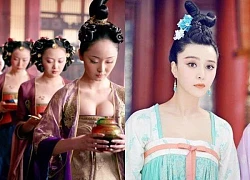 Thảo Mai17:09:13 27/03/2024In ancient Chinese royal palaces, maids (maids or maids) were the dominant class because they were the ones responsible for housekeeping, washing, serving tea and taking care of meals. drinking and living for the owner.
Thảo Mai17:09:13 27/03/2024In ancient Chinese royal palaces, maids (maids or maids) were the dominant class because they were the ones responsible for housekeeping, washing, serving tea and taking care of meals. drinking and living for the owner.

4 | 0 Discuss | Share
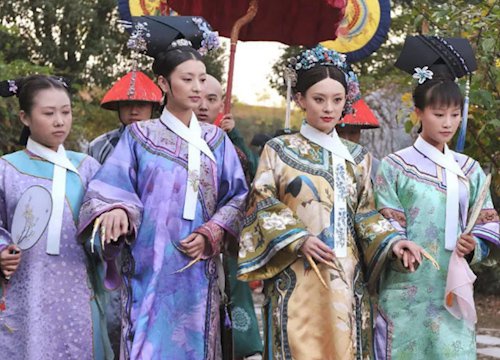
2 | 0 Discuss | Share
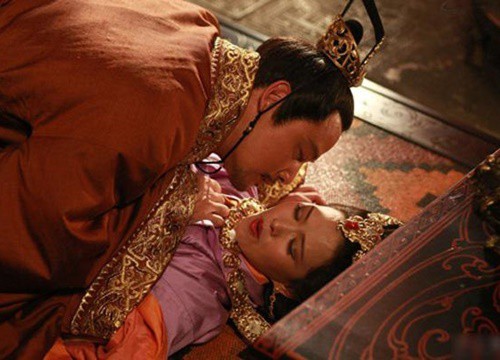
5 | 0 Discuss | Share
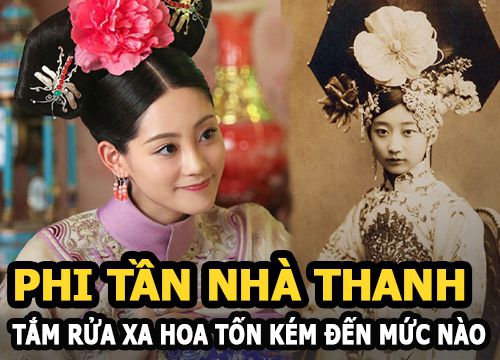
4 | 0 Discuss | Share
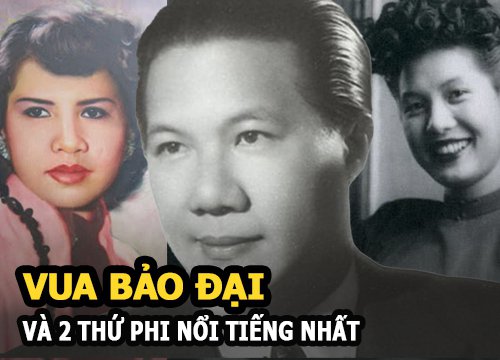
3 | 0 Discuss | Share
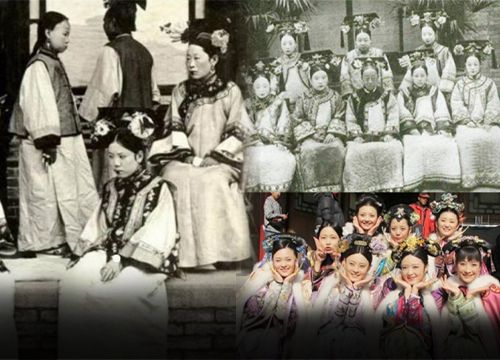
1 | 0 Discuss | Share
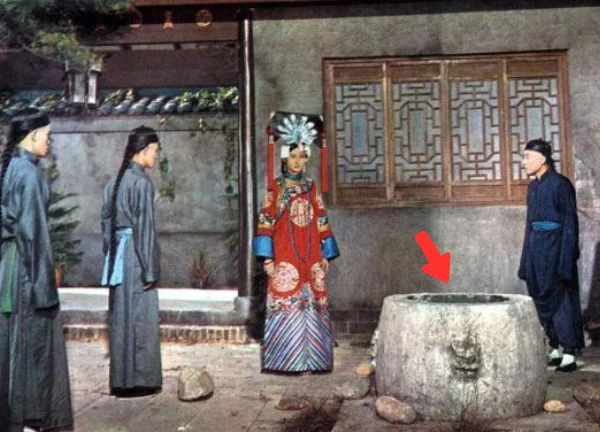
1 | 0 Discuss | Share
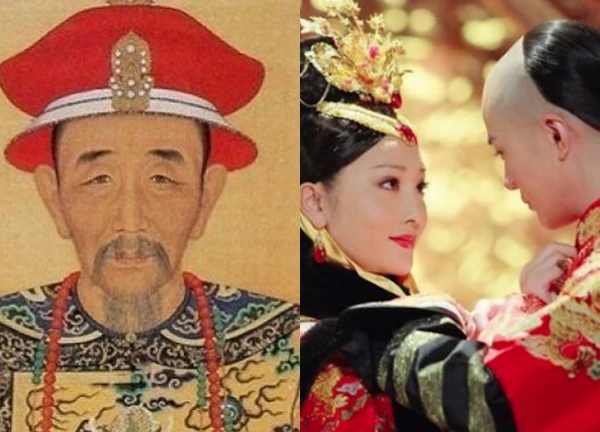
4 | 0 Discuss | Share
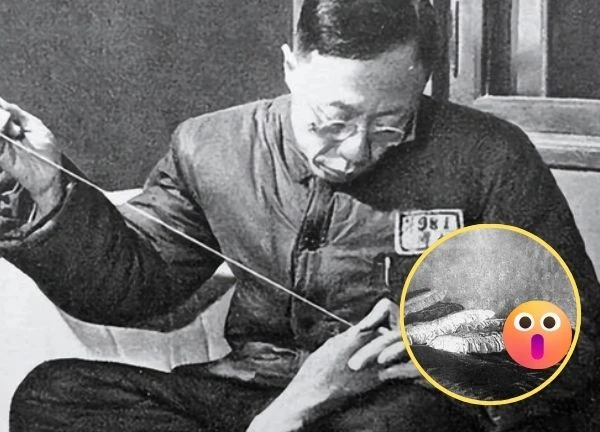
5 | 0 Discuss | Share

2 | 0 Discuss | Share
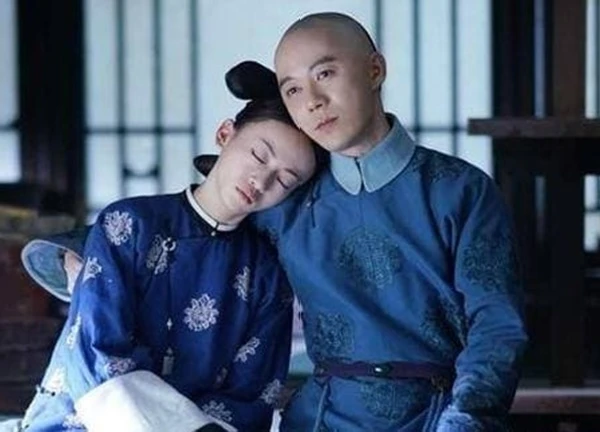
4 | 0 Discuss | Share
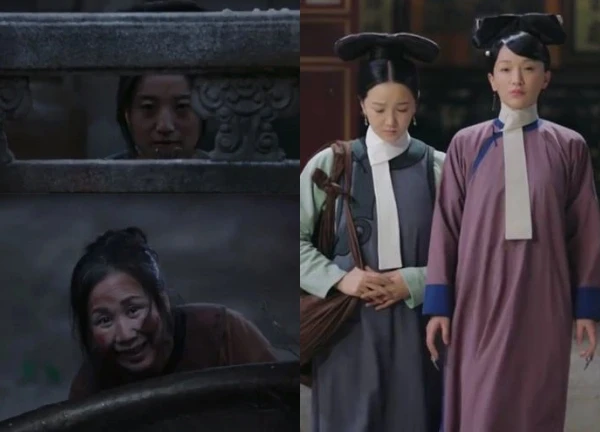
6 | 1 Discuss | Share
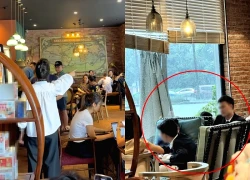









2 | 0 Discuss | Report